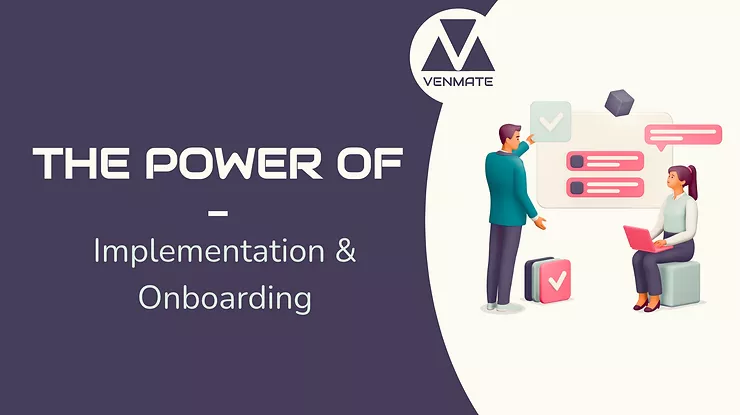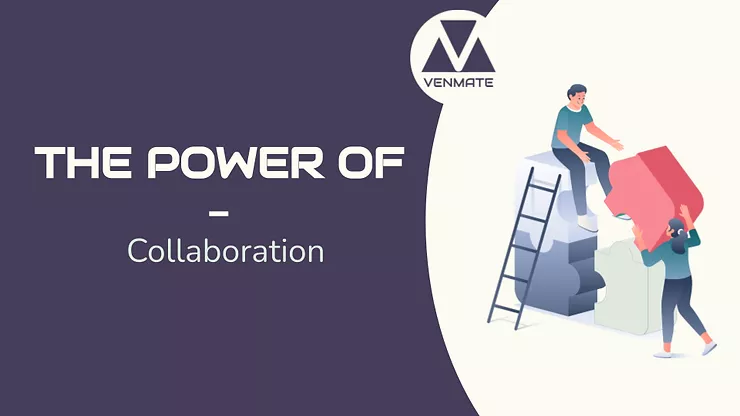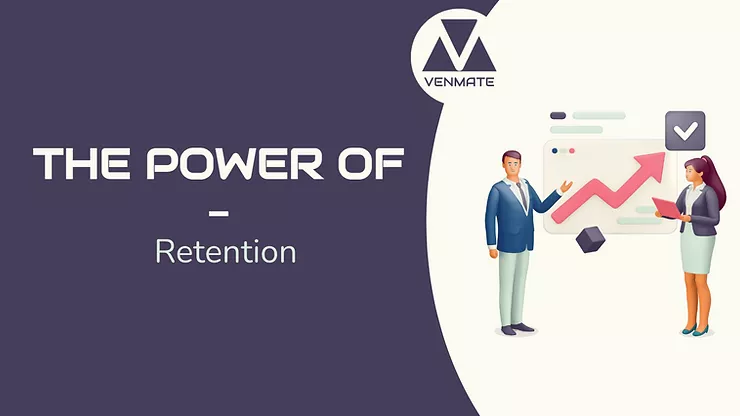Renewals
Introduction to renewals
Renewals are the key to maintaining a long-term, successful relationship with customers. Ensuring that customers renew their contracts or subscriptions is one of the main tasks for customer success teams and vital for sustaining recurring revenue and reducing churn. In the context of Customer Success Management (CSM), the renewal process is not just about securing another contract; they’re about reaffirming the value delivered to the customer and setting the stage for future growth, such as upselling and cross-selling.
Table of content
- Introduction to renewals
- Understanding the importance of renewals
- Key Components of a successful renewal strategy
- 1. Proactive engagement
- 2. Demonstrating value
- 3. Early renewal discussions
- 4. Handling objections
- Renewal process best practices
- 1. Automate where possible
- 2. Align with customer goals
- 3. Training and support
- 4. Celebrate renewals
- Related topics
Understanding the importance of renewals
A successful renewal process in customer success is essential for several reasons:
- Revenue Stability: Renewals provide a consistent and predictable revenue stream, which is crucial for business planning and growth.
- Customer Loyalty: High renewal rates are a strong indicator of customer satisfaction and loyalty, reflecting the effectiveness of the CSM team’s efforts.
- Cost Efficiency: It is significantly more cost-effective to retain existing customers than to acquire new ones. By focusing on renewals, companies can maximize the lifetime value of each customer.
Renewals also offer a unique opportunity to reassess and deepen the relationship with the customer, addressing any issues that may have arisen and identifying new opportunities for collaboration.
Key Components of a successful renewal strategy
To ensure high renewal rates, it is important to have a structured approach that includes several key components:
1. Proactive engagement
Proactive engagement of customer success teams is crucial in the renewal process. CSMs should not wait until the contract is about to expire to start the conversation. Instead, they should regularly check in with the customer, assessing their satisfaction and addressing any concerns well before the renewal period. This ongoing communication helps to build trust and ensures that there are no surprises when it’s time to renew.
Best Practices:
- Regular Touchpoints: Schedule regular meetings or calls to discuss the customer’s evolving needs and how the product or service is meeting them.
- Health Checks: Conduct periodic customer health checks to identify any issues or areas for improvement early on.
Learn more about Customer Health Score
2. Demonstrating value
One of the most important factors in securing a renewal is clearly demonstrating the value that the customer has received. This involves showing tangible outcomes, such as increased efficiency, cost savings, or revenue growth, that can be directly attributed to the use of the company’s products or services.
Best Practices:
- Value Reviews: Conduct a value review meeting where you present data and case studies that highlight the ROI the customer has achieved.
- Customized Reports: Provide the customer with reports that outline key metrics and successes, customized to their specific goals and needs.
3. Early renewal discussions
Starting the renewal conversation early can prevent last-minute issues and gives the customer success team enough time to address any potential obstacles. Early discussions also provide the opportunity to explore any new needs the customer may have and introduce upselling or cross-selling opportunities.
Best Practices:
- Renewal Notification: Begin the renewal discussion at least 3-6 months before the contract expiration, depending on the complexity of the customer’s needs.
- Renewal Strategy Meetings: Host a dedicated meeting focused solely on discussing the renewal, reviewing the current contract, and planning for the future.
4. Handling objections
It’s not uncommon for customers to raise objections during the renewal process. These might include concerns about pricing, unmet expectations, or changes in their business needs. Handling these objections effectively is critical to securing the renewal.
Best Practices:
- Active Listening: Ensure you fully understand the customer’s concerns before responding. Ask clarifying questions and acknowledge their perspective.
- Problem-Solving Approach: Work collaboratively with the customer to find solutions that address their concerns while maintaining the value of the relationship.
- Flexibility: Where possible, offer flexible terms or adjustments to the service to better align with the customer’s current situation.
Renewal process best practices
To optimize the renewal process, CSM teams should follow a set of best practices that ensure a smooth and successful renewal experience for the customer.
1. Automate where possible
Automation can help streamline the renewal process, making it easier to manage large volumes of renewals and ensuring nothing falls through the cracks. This might include automated reminders, contract generation, and renewal tracking. However it is important to keep the right balance between automation and personal customer interactions.
Tools and Tips:
- CRM Integration: Use CRM tools to track renewal dates and set automated reminders for the CSM team.
- Contract Management Software: Implement software that automates contract renewal workflows, including electronic signatures and document storage.
2. Align with customer goals
Every renewal discussion should be framed around the customer’s goals. Customer success teams should align the renewal offer with what the customer aims to achieve, you can make the renewal decision a no-brainer.
Best Practices:
- Goal Review: Start the renewal conversation by reviewing the goals set at the beginning of the partnership and how the product/service has helped achieve them.
- Future Planning: Discuss the customer’s future goals and how renewing the contract will help them continue to succeed.
3. Training and support
Offering additional training and support as part of the renewal can be a powerful incentive. Customers who feel they are getting ongoing value and support are more likely to renew.
Learn more about User Training
Best Practices:
- Training Packages: Include a training package or offer a dedicated support resource as part of the renewal offer.
- Knowledge Base Access: Ensure that customers have easy access to a comprehensive knowledge base or self-service portal that helps them get the most out of the product.
4. Celebrate renewals
Jointly celebrating a renewal helps to reinforce the value of the partnership and sets a positive tone for the continued relationship. This could be as simple as a thank-you note or as elaborate as a customer appreciation event.
Best Practices:
Customer Spotlights: Highlight the customer’s successes in a case study or testimonial, showcasing the value of the partnership.
Personalized Thank You: Send a personalized thank-you message from the CSM team or a company executive.
Related topics
Want to get in touch? Leave us a message.
If you want to learn more about VENMATE and customer success management, feel free to get in touch and request a demo.


